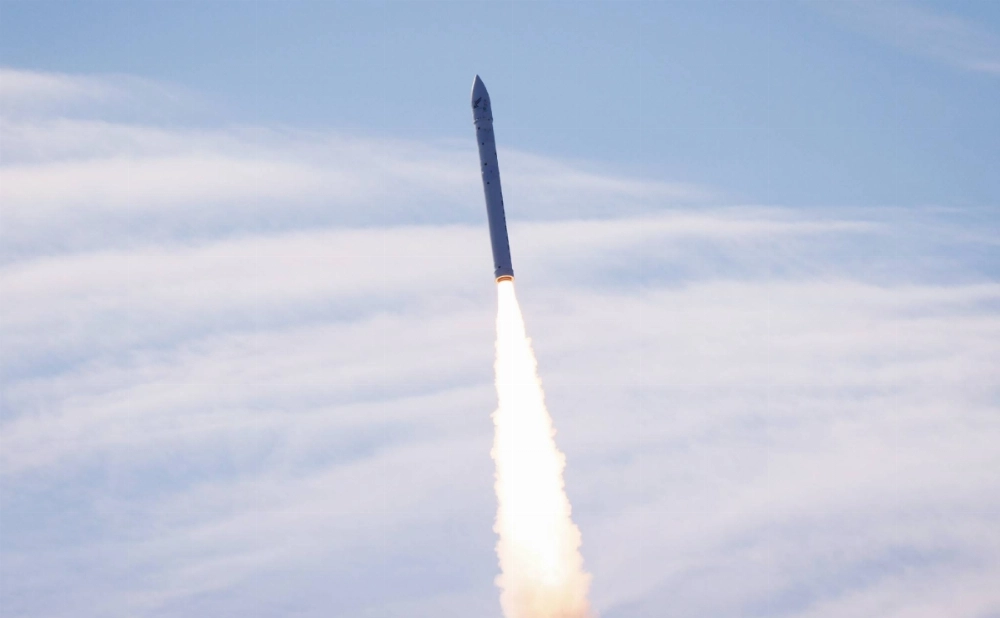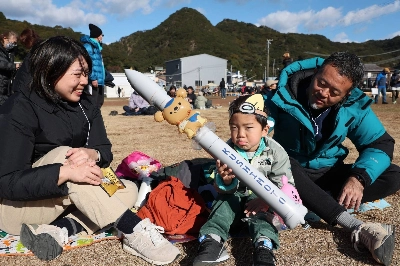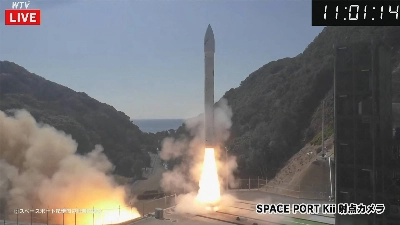Tokyo-based startup Space One’s bid to become the first private Japanese company to place a satellite into orbit failed for a second time Wednesday, in a setback for Japan’s space development aspirations.
The 18-meter, 23-ton solid-fuel Kairos No. 2 rocket was launched at around 11 a.m. from a newly established space facility in Kushimoto, Wakayama Prefecture. However, a malfunction during the ascent led to the launch failure.
Space One President Masakazu Toyoda apologized for failing to meet the expectations of those who supported the launch, including clients and stakeholders.




















With your current subscription plan you can comment on stories. However, before writing your first comment, please create a display name in the Profile section of your subscriber account page.